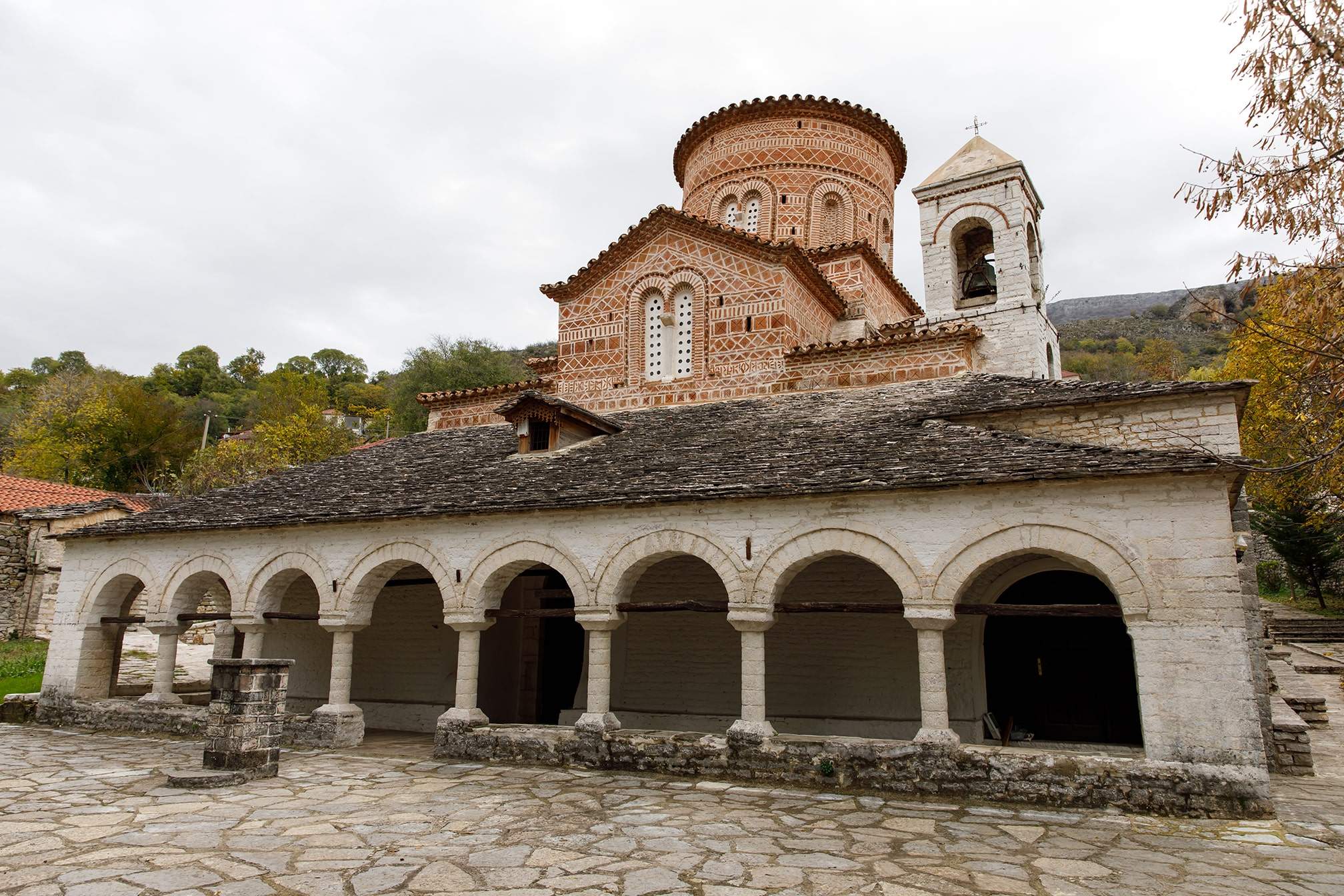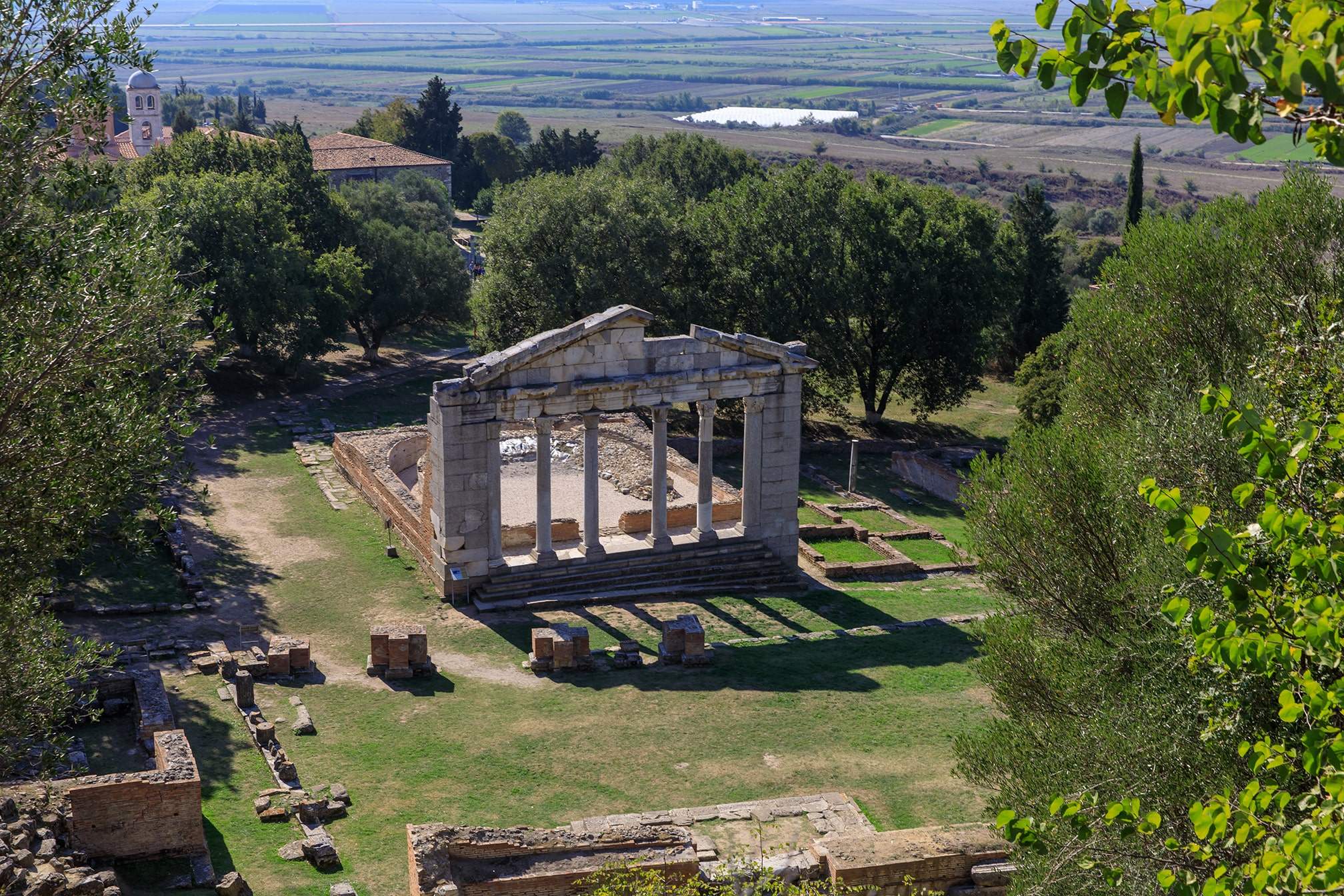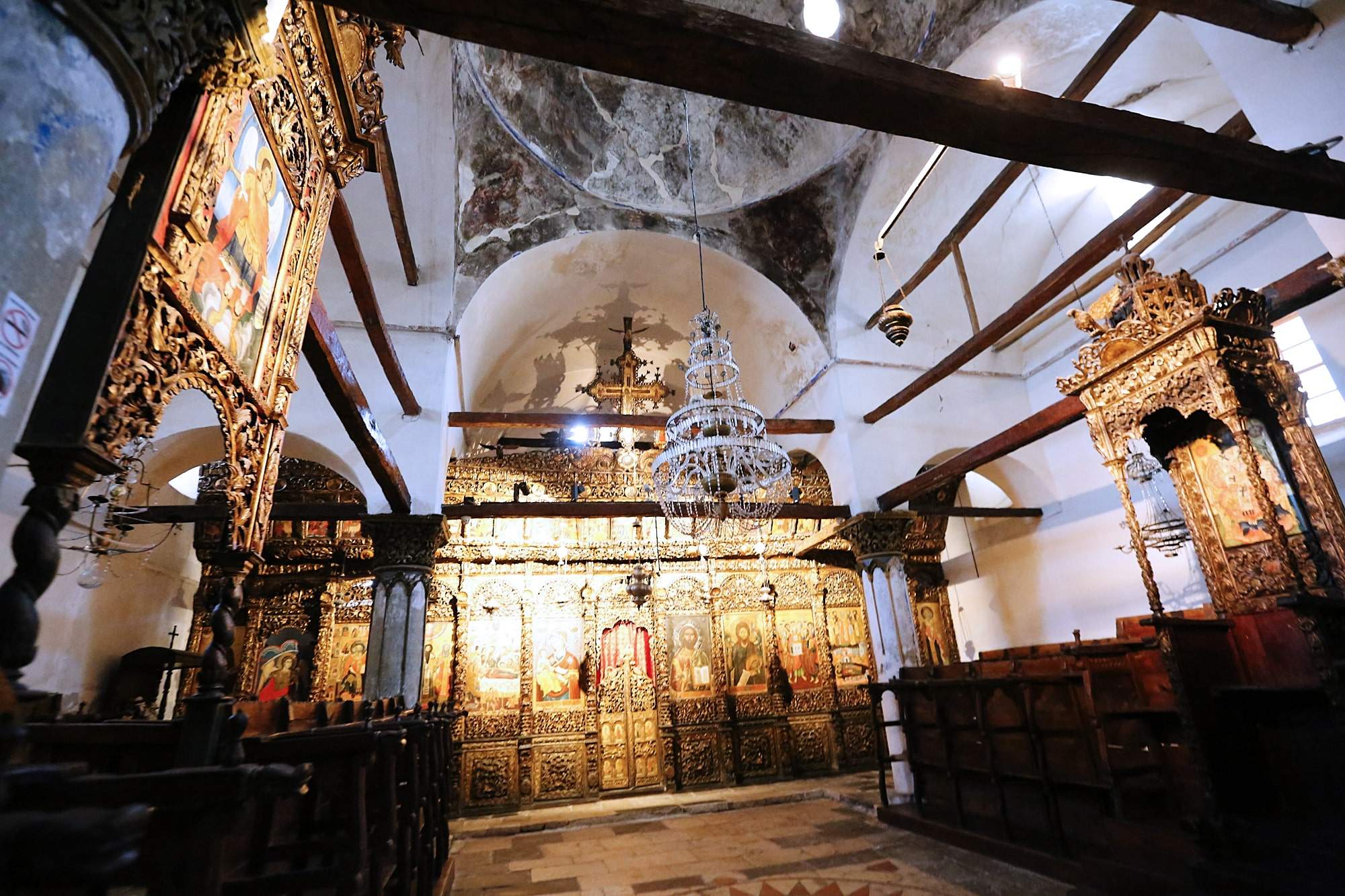Discover Albania
Albania is a small country located in Southeastern Europe (also known as the Western Balkans), bordered by Montenegro to the northwest, Kosovo to the northeast, North Macedonia to the east, Greece to the south and Adriatic & Ionian Seas to the west. It has a population of approximately 2.9 million people, with Tirana as its capital and largest city.
The country has a rich history, dating back to ancient times, with influences from the Illyrian, Roman, Byzantine and Ottoman empires. Albania gained its independence from the Ottoman Empire in 1912 and later became a communist state under the leadership of Enver Hoxha from 1944 till his death in 1985. In the post communist era from the early 1990s onwards, Albania has undergone significant changes, transitioning to a multi-party democracy and a market-based economy. The two major political parties are the Socialist Party and the Democratic Party. Since 2013, the country has been led by Prime Minister Edi Rama, Leader of the Socialist Party.
The Albanian language, which is the official language of the country, belongs to the Indo-European family of languages. Albanian culture is diverse, with influences from various ethnic groups, religions and historical periods. The country has a diverse religious composition, with various religions co-existing in harmony and respecting each other. In recognition of its tolerant society and religious harmony, Albania was chosen as the first European country visited by Pope Francis in 2014. The majority of the population identifies as Muslim, with estimates ranging from 50-70 percent. A significant minority identifies as Christian, with the Orthodox Church being the largest Christian denomination representing about 20-25 percent of the population. The Catholic Church is the second largest Christian denomination, representing approximately 10 percent of the population. In addition, there is also a small community of Bektashis, a sufic sect of Islam and some Protestant denominations.
It is a beautiful country, with stunning natural landscapes, including the Albanian Alps, the Adriatic and Ionian coastlines and many lakes and rivers. It also has several historical and cultural landmarks.

Prime Minister
Investment in Albania
Albania is a small country located in Southeast Europe that has been steadily growing and attracting foreign investment over the past decade. Albania has a market-oriented economy with a favorable investment climate and a range of opportunities in various sectors.
Some of the top sectors for investment in Albania include:
1. Tourism: Albania has a beautiful coastline along the Adriatic and Ionian Seas, as well as several natural parks and cultural landmarks, making it an attractive destination for tourists.
2. Energy: Albania is rich in natural resources, including hydropower and oil, and has potential for developing renewable energy sources.
3. Agriculture: Agriculture is an important sector in Albania, with opportunities for investment in livestock, fisheries, and agro-processing.
4. Infrastructure: Albania is investing in developing its infrastructure, with opportunities for investment in transportation, telecommunications, and construction.
5. Manufacturing: Albania has a growing manufacturing sector, with opportunities for investment in textiles, food processing, and electronics.
Foreign investors can take advantage of incentives such as tax breaks and investment guarantees offered by the Albanian government to promote foreign investment. It is important to research the legal and regulatory framework, and to seek advice from legal and financial professionals with experience in the Albanian market.
Digital Transformation
Albania, like many other countries, is undergoing a digital transformation to adapt to the changing technological landscape and to improve the efficiency of its public and private sectors. Here are some key aspects of digital transformation in Albania:
E-government: The Albanian government has been working on the development of an e-government platform to make public services more accessible to citizens and businesses. The platform, called e-Albania, offers a wide range of online services, including e-taxation, e-health, e-learning, and e-justice.
Digital infrastructure: Albania has been investing in its digital infrastructure to improve connectivity and access to high-speed internet. The government has launched several initiatives to increase broadband coverage in rural areas, including the construction of fiber-optic networks.
Fintech: Albania is also seeing a growing fintech sector, with the introduction of digital payment systems, online banking, and mobile money. This has enabled greater financial inclusion for individuals and small businesses, as well as improving the efficiency of financial transactions.
Education: The Albanian government has also been investing in digital education initiatives to provide students with the skills they need to thrive in a digital economy. The Ministry of Education and Sport has developed an e-learning platform that provides online courses and resources for students and teachers.
Overall, the digital transformation in Albania is still in its early stages, but it has the potential to drive economic growth and improve the quality of life for Albanians. There are also challenges that need to be addressed, such as cybersecurity, data privacy, and digital literacy.


